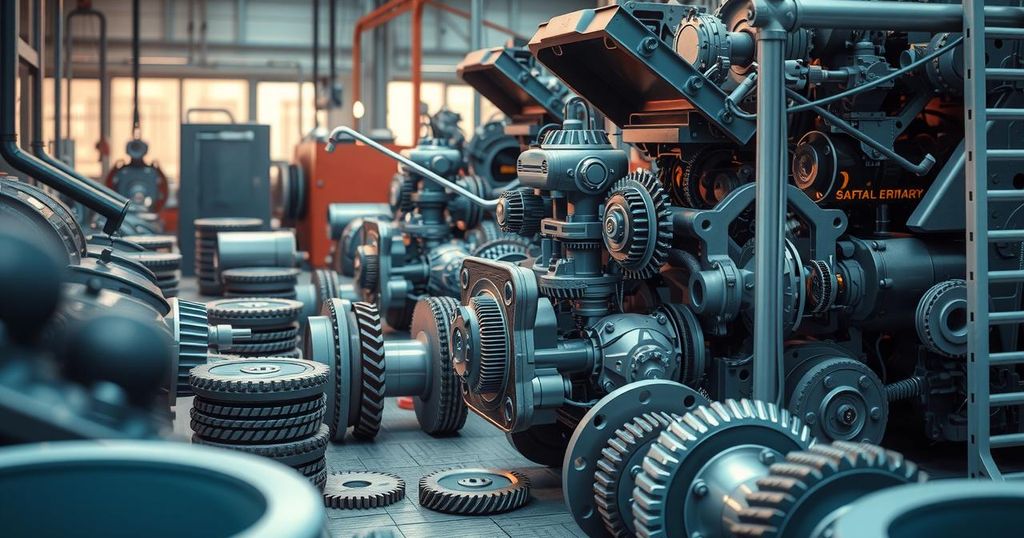Impact of U.S. Tariffs on Thailand’s Auto Parts Exports

Thailand’s Finance Minister warned that new U.S. tariffs on auto parts will affect exports. He hopes for negotiations to facilitate direct shipments to the U.S. The country is a major production base for global automakers, and the industry shows mixed signals regarding the impact of the tariffs.
Thailand’s Finance Minister expressed concern over the impact of newly imposed U.S. tariffs on the nation’s auto parts exports, suggesting negotiations to export parts directly to the U.S. rather than through other countries. Thailand stands as Southeast Asia’s foremost auto production hub, supporting major global automotive brands such as Toyota and Honda.
The U.S. has introduced a 25 percent tariff on imported vehicles, a move that has further intensified international trade tensions and spurred criticism from various allied nations. Finance Minister Pichai Chunhavajira noted that these tariffs would adversely affect Thailand’s auto parts exports to countries engaged in vehicle manufacturing.
Minister Pichai remarked, “We will have to see how much it will affect us,” emphasizing the necessity of discussions to facilitate direct shipments of auto parts to the U.S., considering the time it would require for companies to relocate production facilities away from Thailand.
Yeap Swee Chuan, the CEO of AAPICO Hitech, one of Thailand’s key auto parts suppliers, indicated the tariffs’ effects may not be substantial, as most of their production caters to Japanese firms within Thailand, with little intended for the U.S. market. Yeap noted, “For the Thai companies, we are quite OK,” acknowledging the challenges tariffs present for U.S.-bound exports.
In conclusion, while Thailand faces challenges due to new U.S. tariffs on auto parts, there remains potential for negotiations to alleviate adverse impacts. The finance minister’s insights highlight the need for direct exports to the U.S., while industry leaders express cautious optimism regarding the overall impact. Ongoing monitoring and strategic negotiations will be crucial as the situation evolves.
Original Source: www.channelnewsasia.com





